Strong calls for Rugby Australia to relax Giteau law
Players who have served Australia well in Super Rugby but fall short of the 60-Test threshold could be selected for the Wallabies from overseas clubs in future pending a review of the Giteau law.
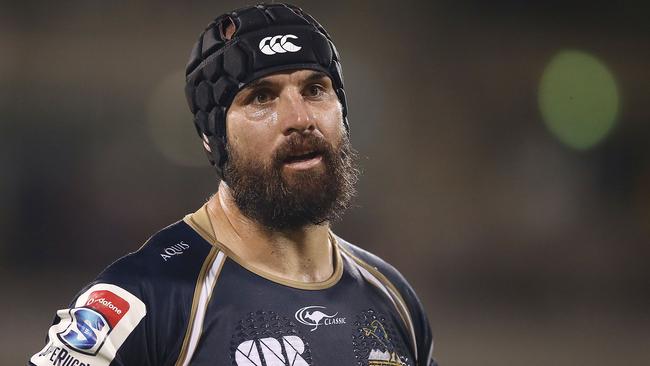
Rugby
Don't miss out on the headlines from Rugby. Followed categories will be added to My News.
Players who have served Australia well in Super Rugby but still fall short of meeting the 60-Test threshold could end up being selected for the Wallabies from overseas clubs in future once a major review of the Giteau law is held next month.
On the very evening in October that the Wallabies were eliminated from the 2019 World Cup in Oita, Japan, Rugby Australia chief executive Raelene Castle confirmed that the role of the Giteau Law would be re-examined.
Watch every match of the 2020 Vodafone Super Rugby Season LIVE & On-Demand on KAYO. New to Kayo? Get your 14-day free trial & start streaming instantly >
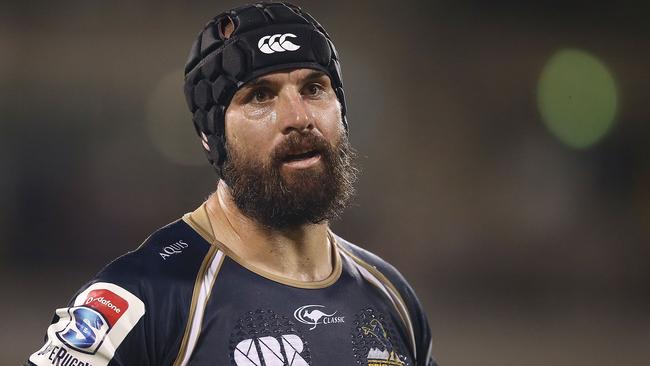
A number of critics, Alan Jones among them, believed Australia should have been free to select its best available players for that tournament, wherever they might be based. The pros and cons of such a policy are best reflected by the tale of the Springboks.
Yes, South Africa won the World Cup but they now are paying the price with 15 of the match-day 23 used in the final now signed with British, European or Japanese clubs. Only the remaining eight will play for their South African clubs in Super Rugby this season.
At present only those Australians who have played 60 Tests and have put in seven years’ service in Super Rugby are eligible to be selected from abroad. The critical word in that preceding sentence is “and”. Rugby Australia officials will investigate whether it needs to be changed to “or”.
“The one thing is longevity,” said a RA official. “We’re not sure if 60 caps is the only measure. If a player signs at 18 and puts in 10 or more years of service before going overseas, is he not worthy of being selected for Australia if his form warrants?”
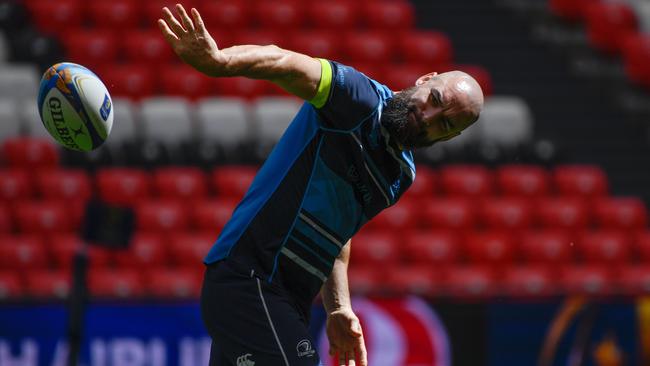
Leinster-based flanker Scott Fardy is a perfect example. He tried out for the Western Force in 2008 but was released without playing a match. He then went and joined the Kamaishi Seawaves in Japan for the next three seasons – playing an important role in the post-tsunami clean-up – before finally winning a contract at the Brumbies. He played for them from 2012 to 2017 but he was 29 before he made his Test debut and when his international career was abruptly cut short by Michael Cheika one year after he had played in the 2015 World Cup final, he had played only 39 Tests.
Even though he turned out 97 times for the Brumbies, it wasn’t enough to qualify him for Wallabies selection last year, despite all the problems the Wallabies had with blindside flanker at the World Cup.
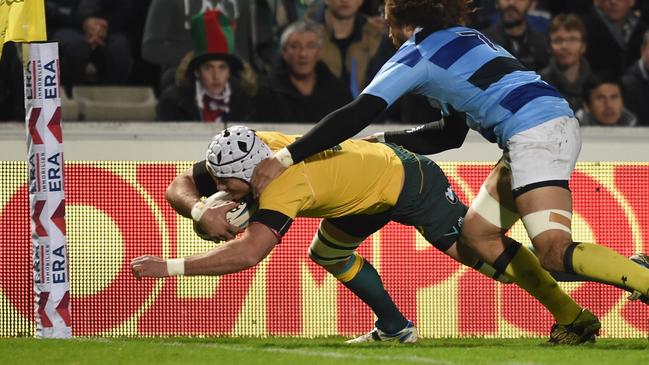
It’s a similar story with Ben Mowen, who captained Australia for six Tests in 2013. Despite playing 50 times for the Brumbies, 40 times for the Waratahs and once for the Reds, he tallied only 15 caps and didn’t come close to qualifying under the Giteau Law once he moved to France in 2014.
As is now regularly the case following a World Cup, Australia has lost around a dozen senior players to overseas clubs following the tournament. While players such as Bernard Foley and Adam Ashley-Cooper are technically still eligible for Test selection, the reality is that the only players who truly have triggered true regret are Japan-based Queensland centre Samu Kerevi and Brumbies lock Rory Arnold, now with Toulouse.
Former Wallabies coach Eddie Jones has come out since the World Cup arguing that Australia should reduce the Giteau Law threshold to just 40 Tests but even this number would not qualify Kerevi (33 Tests) or Arnold (26). The fear is that if the threshold is lowered to make these players eligible, it will further exacerbate the drain of mid-ranked Wallabies heading abroad.
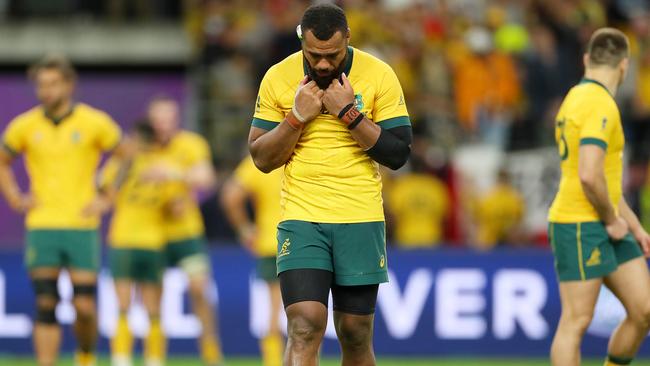
Meanwhile, one Wallaby who had strayed from familiar surroundings returned to the fold when Jack Maddocks was announced as a Waratah for the coming season.
After three years at the Melbourne Rebels, during which time he represented the Wallabies six times on the wing, Maddocks has returned to his home town, Sydney. Although he played several seasons at 10 during his school years at Scots College, he was used primarily for the Rebels and Australia as a wing. But the suspicion is that he may be destined for the sky blue 15 jersey occupied less than a year ago by Israel Folau.
“I haven’t thought about that,” Maddocks said. “ It’s day one, we haven’t had any of those conversations. I’m just happy to be here.”
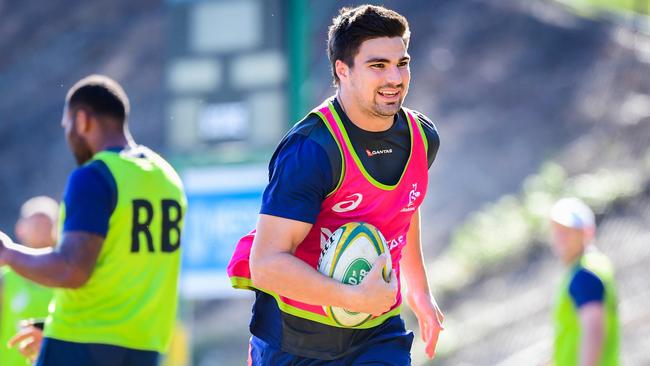
For Rob Penney, Maddocks decision to move up from Melbourne is the happiest development since he took over as head coach late in November. “I think there’s some discussion around that stuff with Jack still to be had and there is every potential for him to play a number of roles within the group,” Penney said.
“The key thing is that we really want to see him fulfil his passion and dream of representing the Wallabies consistently and being a great player for the Wallabies so part of that will be about where he fits with us and without compromising his growth and development.”

